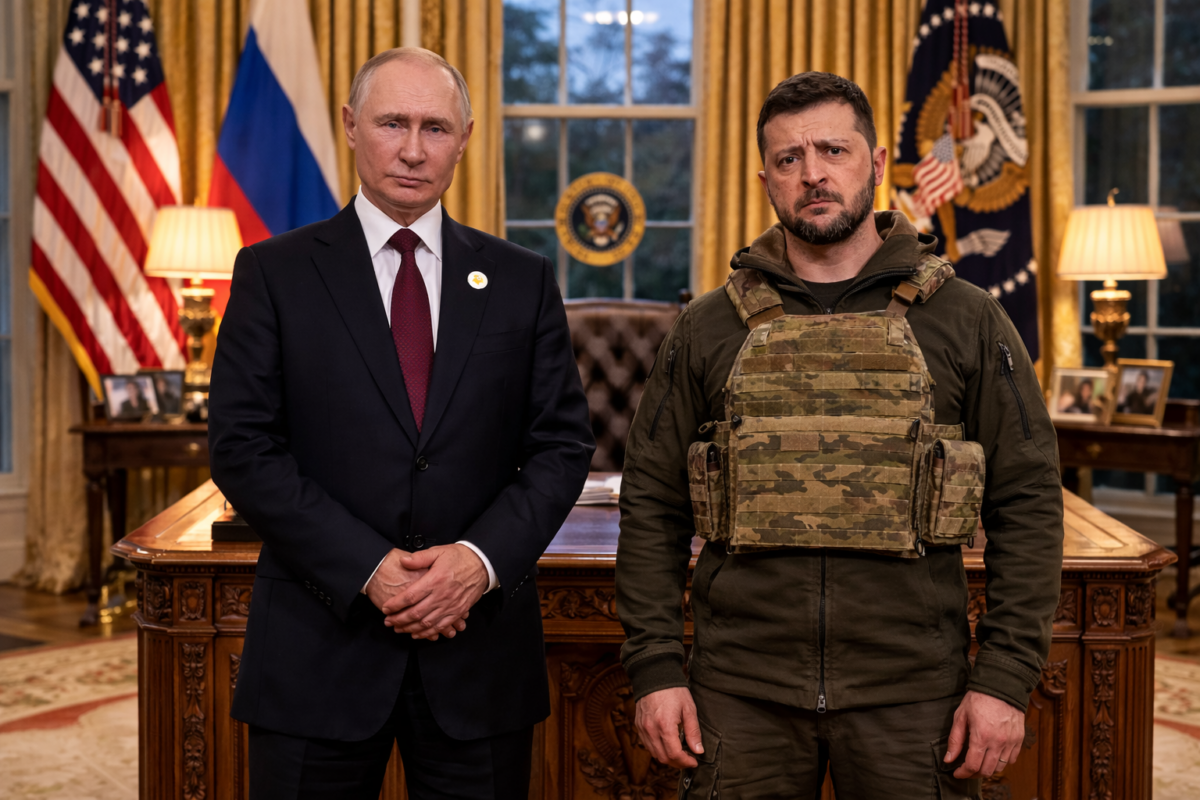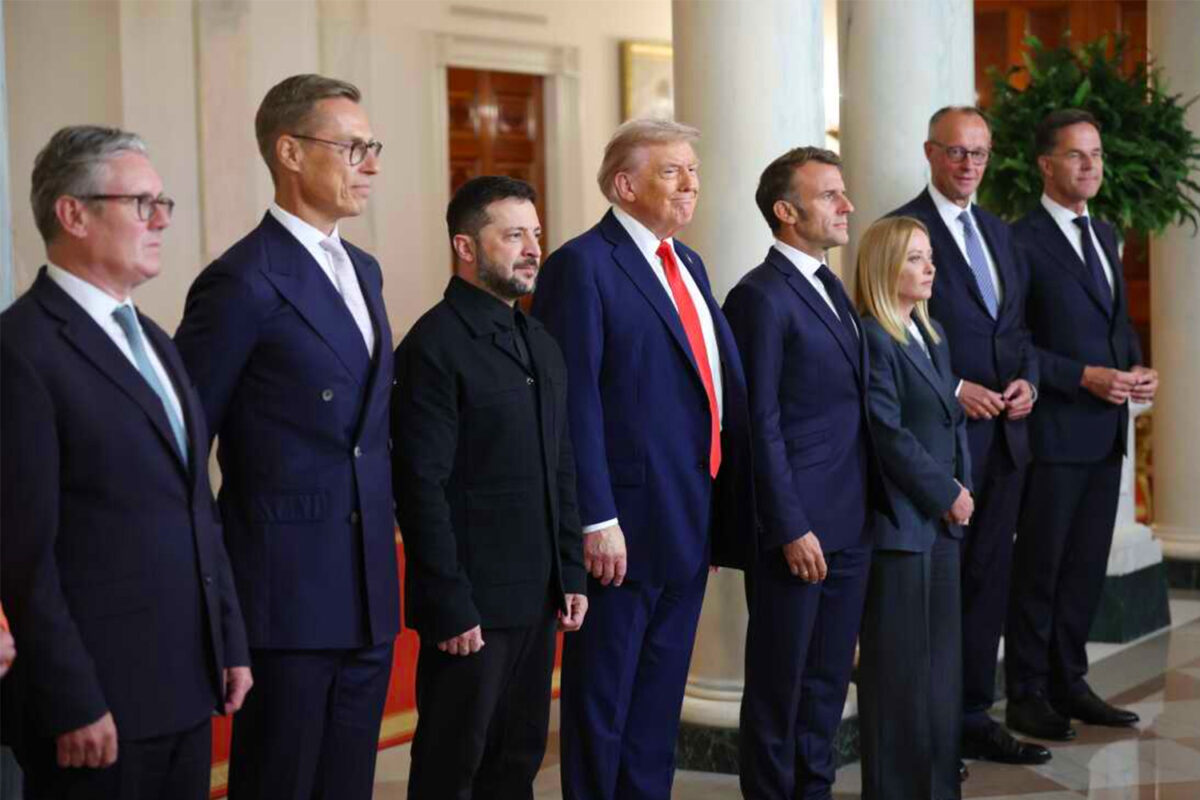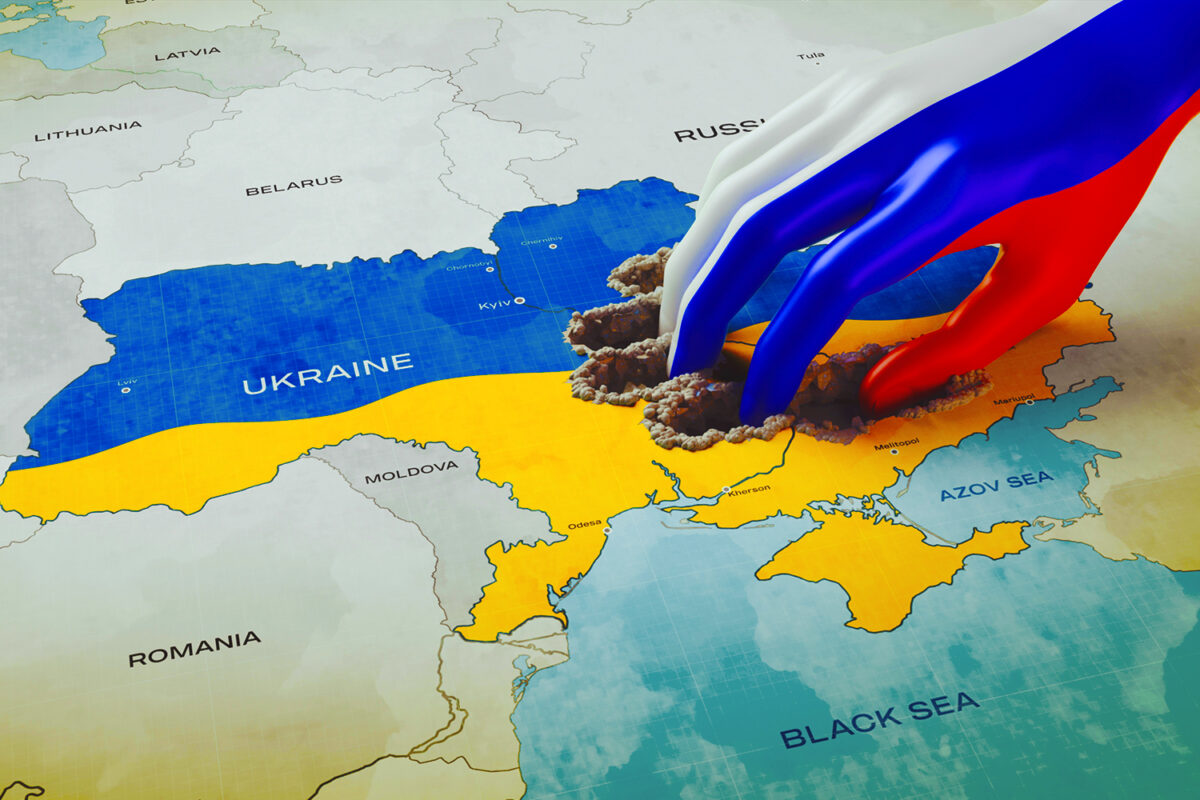It has now been two months since Russia launched her invasion of Ukraine and it has not been a good war for the Russians. After spending months amassing over 100,000 troops around Ukraine, Russia launched a multi-pronged invasion into Europe’s largest country and very quickly the war turned into a battle of attrition rather than the quick victory the Russians had expected. The attempts to surround the Ukrainian capital Kyiv and the coastal city Odessa have failed. Not surprisingly, Russia announced the launch of her second phase, which was the refocusing (shrinking) of Russian objectives. The real question is: can Russia win the war and what would victory look like?
Russia launched the war in Ukraine on the 24th February and all her initial assumptions of a quick victory, the Ukrainian masses supporting them and the Ukraine president capitulating, proved incorrect in the first week. Russia’s invasion of Ukraine exacerbated the weaknesses of her military and did not maximise their strengths. Russia pursued multiple objectives from too many lines of advance. That worsened her logistical problems and meant in the end, Russia could not amass sufficient combat power to achieve many of her initial objectives, including the encirclement of the Ukrainian capital. Had Russia chosen to focus her efforts on a single objective, such as taking all of the Donbas at the outset, the war could well have gone differently.
What Russia found in the battle for Kyiv was she lacked the resources, logistics and manpower to take the city. Russia even failed to surround the city and were forced into urban battles which favoured Ukrainian forces and militias. The Russian army also faced a major logistic challenge; Russian forces rely on railroads for sustainment, but the west bank of the Dnieper has no usable railroad. Having failed in taking the capital after weeks of fighting as well as stiff resistance, Kyiv was abandoned by Russia and on the 25th of March, the Russian army admitted to losing 1,351 soldiers. This number excluded soldiers whose bodies could not be recovered. The statement excluded non-army losses such as regional forces like Chechnya-based national guard units and allied troops from the separatist Donetsk People’s Republic (DNR) and Luhansk People’s Republics (LNR).
Having failed in taking the capital after weeks of fighting as well as stiff resistance, Kyiv was abandoned by Russia
It was in this light that Russia finally announced a commander for the combined operations in Ukraine. Russia has effectively been fighting three different wars in Ukraine rather than combining them under a single leadership. Putin appointed General Alexander Dvornikov, who is one of Russia’s most experienced military officers and led the war strategy in Syria and Chechnya. But can the Syria strategy be replicated in Ukraine? In Syria, Russian forces did not fight a conventional war but unconventional forces that consisted of militias and locals that had no centre of gravity. General Dvornikov targeted men, women and their families with brutal airstrikes so they would want to end the war. In this way, the mass murder we are seeing in Ukraine is nothing new. It’s very likely Putin appointed him because of his reputation and his ability to command and massacre.
The Syrian people were abandoned by the world, despite all the rhetoric at the time. What military support they did receive the militia groups admitted was never sufficient with many of them accepting in the end it was the aim of regional powers to compel them to enter into negotiations with the Syrian regime after creating this dependency. This is not the situation the Ukrainian people find themselves in today. The Ukrainian people have the support of the West and NATO. This can be seen from the military equipment being provided on a near daily basis. But most important of all the West has launched an economic war against Russia, which in the long term will greatly aid the Ukrainians and hurt the Russians.
NATO doesn’t want to intervene directly or provide the heavy weapons that would make an immediate difference as it doesn’t have the stomach for a full blown war, but also the US has as much admitted that the longer she bleeds Russia the better. A quick resolution doesn’t really serve US interests. After meeting President Volodymyr Zelensky in Kyiv on the 25th of April, US Defence Secretary Lloyd Austin said: “We want to see Russia weakened to the degree that it can’t do the kinds of things that it has done in invading Ukraine.”[1] Ukrainian president Volodymyr Zelensky has been pleading with Western leaders to increase the flow of military equipment for weeks, vowing that his forces will overcome Russia’s military if provided with fighter jets and other heavy weapons. But Western leaders insist they don’t want the war to escalate.
the US has as much admitted that the longer she bleeds Russia the better. A quick resolution doesn’t really serve US interests
Russia could have only won the war in Ukraine and achieved her political objectives if she had a quick war which was won overwhelmingly. This would have placed Russia in a strong position to deal with any sanctions and whatever the West threw at it. As the war drags on Russia is seeing an increase in military deaths, the loss of equipment and with most of Russia’s elite and combat effective troops mostly used up. Russia will now be relying upon reservists and whatever militia she can raise. As the war drags on Russia is finding the economic sanctions are also expanding and deepening. These sanctions will remain for a long time after the war is over.
After two months of war victory today looks very different to what it looked the night before the war. Whilst Russia has now refocused on capturing Donbas (Russia controlled half the region back in 2014) this is a huge fall from the grand goal of conquering Ukraine.
Russia’s war is no longer the result on the battlefield in Ukraine. If General Dvornikov is brutally efficient and pacifies Ukraine the issue of the economic sanctions remain, and a swift Russian victory will only convince the West to keep sanctions in place. Russia will need to bargain with the West over sanctions but Russia doesn’t have reciprocal sanctions or any other economic assets to threaten the West with. Russia has spoken of placing her nuclear weapons on alert, but using nuclear weapons is not in anyone’s interests, Russia wants to control Ukraine, she doesn’t want to control a radioactive crater on her border.
Whatever the outcome on the battlefield, Russia will need to pose an economic threat to the West. This will be the only way the West will give concessions in any negotiations. A variety of options would include Russia using her military to block maritime choke points, establishing an alternative trading system or building an alliance of friendly nations, including China, who establish their own system. The war in Ukraine is evolving in ways that are creating immense pressure on Russia and Putin. Whatever happens on the battlefield, Russia only wins now if she creates a basis for negotiations and mutual concessions.
[1] Ukraine war: US wants to see a weakened Russia – BBC News




